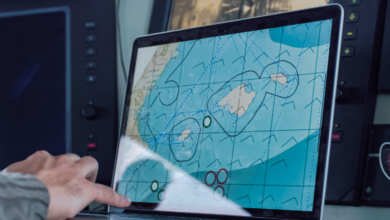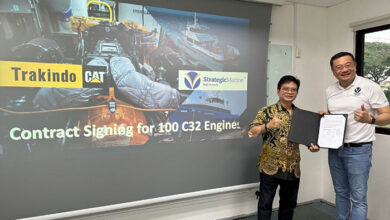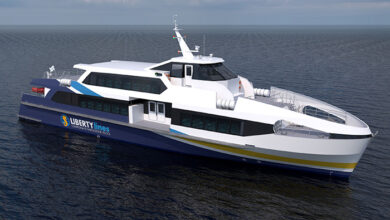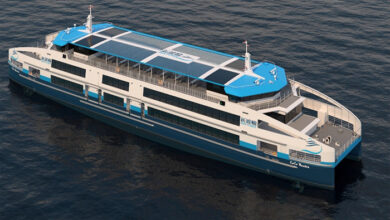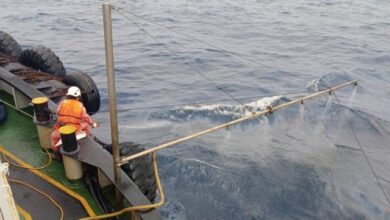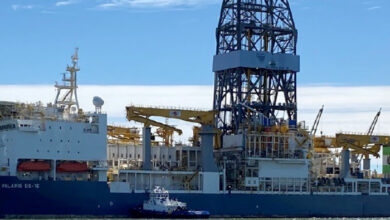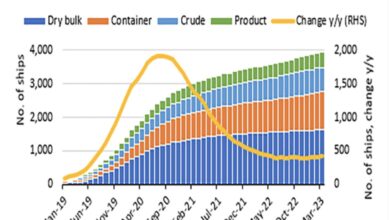HomeNewsOrganisations
IWSA : Calling on all maritime industry decision-makers and shipping to utilise power solutions
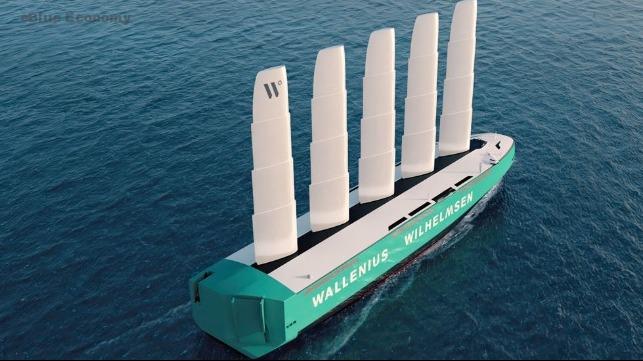
UK Government-commissioned study forecasts up to 45% penetration of wind technologies into the global fleet by 2050.
The undersigned,We call on all maritime industry decision-makers and the entire shipping community to fully assess and utilise all available power solutions that deliver the necessary deep, swift cuts in carbon emissions over the next decade commensurate with responding to the climate emergency. To that end, readily available and proven wind propulsion solutions must be integrated at the very heart of decarbonisation deliberations.
Direct wind propulsion provides an abundant, free energy, immediately and uniquely suited to and accessible to shipping worldwide without the need for costly land-based infrastructure or logistics investment. Wind technology helps de-risk shipping from its dependency on bunker fuels. Emerging alternative fuels come with multiple challenges – cost, availability, density and quality and wind propulsion decouples shipping somewhat from these huge uncertainties around whatever ‘flavour’ eco-fuel is adopted.
Whatever size or type of commercial vessel, wind-assist or primary wind propulsion systems quickly provide credible, practical, robust, scalable and economically viable solutions – a dozen large ocean-going vessels will be in operation by the end of Q1, 2021, along with 20+ small sail cargo and small cruise vessels.
The potential exists for 20-30% of the global fleet’s energy requirement to be delivered by wind systems. By adopting wind solutions as part of a hybrid propulsion approach, vessel owners and operators can substantially deliver on the initial level emission savings targets for 2030, thus providing a critical component and step for achieving the 2050 target.
A UK Government-commissioned study forecasts up to 45% penetration of wind technologies into the global fleet by 2050. A key EU-commissioned report on wind estimates up to 10,700 installations are possible by 2030, including roughly 50% of bulkers and 67% of tankers alone
Wind propulsion reduces demand, cost and power storage requirements for the next generation of alternative fuels, which further helps to accelerate and enable the take-up and cost-efficiency of these alternative fuels.Therefore, we call on all shipping industry decision-makers to:
.
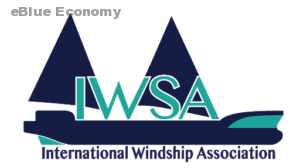
Establish a Multi-Stakeholder International Working Group to evaluate and quantify wind propulsion’s potential contribution to decarbonise the global fleet in the face of the climate emergency.
Promote the potential from a hybrid approach to decarbonization with wind propulsion fully integrated together with operational and vessel optimisation measures along with eco-fuels.
Launch a Comprehensive Strategic Review of shipping industry decarbonisation efforts in the context of the climate emergency. Covering all criteria, designations and databases/resources being used, this review would incorporate wind propulsion into all calculations and include a full life cycle analysis of all alternative propulsion systems and fuels so that the industry can fully appreciate the merits of each proposed system.
The review should quantify all externalities including infrastructure development and production costs of all alternative propulsion systems and fuels along with their direct and indirect climate impacts.
Ensure a ‘level playing field’ is created and maintained for all power systems, removal of market and non-market barriers as well as fair and balanced allocation of R&D finances and resources in the future.
Do more and go beyond the current narrow fuel-centric approach by adopting a fully integrated alternative propulsion approach to decarbonisation pathways and policy
Doing so will create a proportionate, measured strategy that is absolutely essential to achieving the industry emissions targets. We believe that wind propulsion systems must be fully integrated within this strategy to help achieve decarbonisation as quickly as possible and that this will be broadly welcomed by the shipping industry
[doc id=37456]
press release


